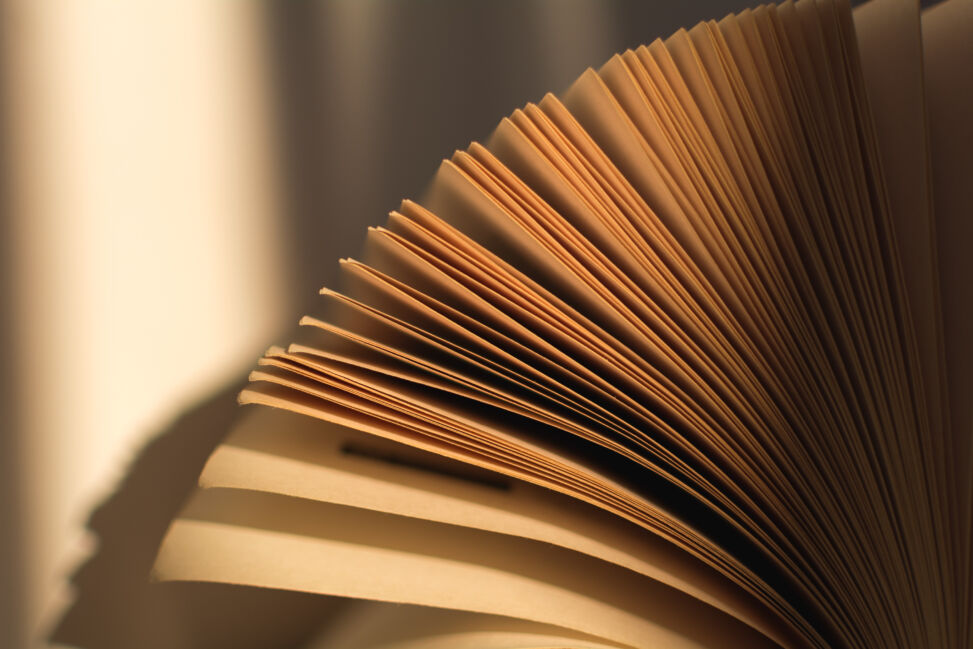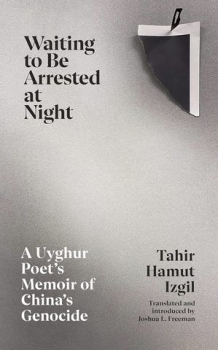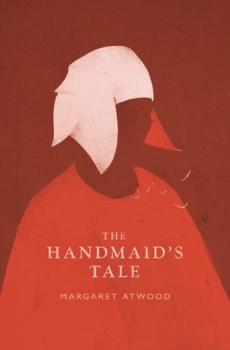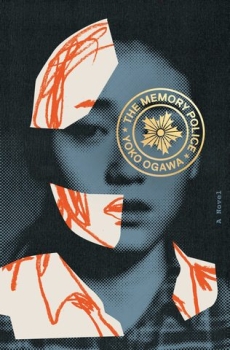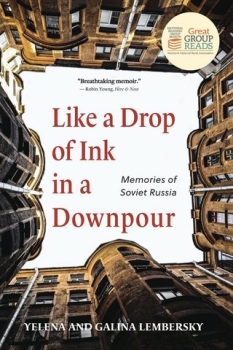Waiting to be Arrested at Night: A Uyghur Poet’s Memoir of China’s Genocide by Tahir Hamut Izgil
Tahir Hamut Izgil is one of the foremost Uyghur modernist poets. He was born in 1969 in a small town near Kashgar, in China’s Xinjiang Province. He attended college in Beijing on a scholarship, pursuing poetry and literary criticism.
While at college, Izgil became involved in the Tiananmen Square protests of 1989. In the mid-1990s, after trying to leave China to study abroad, he was detained in a labor camp for three years. He later worked in film, founding his own production company and achieving recognition for his feature films, documentaries, and other projects.
This memoir covers in detail his life in Urumchi, the provincial capital, in the period 2012-2017, as the rights of the Uyghur population were increasingly targeted by the Chinese government. In 2017 Izgil fled to the US, and he currently lives in Washington DC with his wife and three children. He is leader of the World Uyghur Writers’ Union, and a film producer at Radio Free Asia. His memoir was published in a dozen languages, and he is currently working on a memoir describing his experience in a Chinese prison.
Historical background
Xinjiang province—formally Xinjiang Autonomous Uyghur Region--is in Northwest China. Five times the size of Arizona, it has a population of around 25 million. Over 40% are Uyghurs, who historically have practiced Islam, and speak a Turkic language. Since 2017, more than one million Uyghurs, Kazakhs, and other Muslims have disappeared into a vast network of detention sites, referred to by the Chinese government as “re-education camps.” China’s leader Xi Jinping (who came to power in 2013) has spoken proudly of the “Strike Hard” campaign which had achieved, he said, “hard-won social stability” in Xinjiang. Outside observers, including US Secretary of State Michael Pompeo in 2021, have accused the Chinese Government of genocide against the Uyghur people.
The book club is hosted at the Tempe Public Library, convened by Keith Brown. [email protected]. For the latest book club meeting register at: tempepubliclibrary.org and click Event Calendar.
Themes: Orwell’s nightmare, realized?
An escalating war on culture, including controlling Uyghur language media and connections beyond China: The ban on radios (p28), and on Islamic greetings (p38), attacks on dignity/clerics forced to compete in disco contests (p36), rewriting Uyghur history via the Looking Back project (p64), naming practices, social gatherings (meshrep, p51) and Q’uran ownership (p166).
The role of technology to intensify surveillance, including scannable ID cards (p88, p129), QR codes listing employees (p95), phone scanning (p98); metal detectors for intimidation (p98), collection of bio-data (p112).
Uyghur tactics of resilience and concealment, “The police…would be less suspicious if a bottle of alcohol on the table confirmed we weren’t devout Muslims. The government preferred Uyghurs who spent their time on parties and entertainment.” (p51); students refusing to chant as directed (p68); “cleaning” your phone (p98); using coded language (p171); and Izgil’s success in securing documentation of his daughter’s epilepsy (p197) .
Dehumanization and Newspeak: Uyghur policemen calling detained people “sheep” and camps “pens,” but also “study centers” (p80), government installs “People’s Convenience Police Posts” (p80); introduces language to demonize Uyghurs (“splittists, p206) and enforces loyalty via “Neighborhood Committees” (p70) and career opportunities, by which Uyghurs participate in the system of oppression (p107-8).
Uyghur identity as boundary-crossing/fluid– eg Izgil’s Uyghur-Swedish friends can pass, or are taken to be, Kazakhs, Kurds, Uyghur Turks, Koreans, and Afghan Uzbeks (p146), but also, pride in-the symbolic importance of naan (p157); customs to lessen grief (p214); proverbs (p91).
Survivor’s guilt: Izgil’s connection to Holocaust survivor and poet Paul Celan (p136); and the memoir’s last paragraph: “Having escaped the terror, we are a fortunate family. Yet while we know the joy of those lucky few who boarded Noah’s ark, we live with the coward’s shame hidden in that word ‘escape.’” (p246)
Ongoing repression
In an interview published in August 2023 in Time, Izgil talks further about how his own experiences are now common for Uyghurs both in China, and worldwide. The book includes multiple stories of seemingly arbitrary or unjustified intimidation or control, such as restrictions on the cultural practice of meshrep (p51) and owning a Q’uran (pp.166-169). In his Time interview, Izgil shares stories from the mass internments that followed 2017, which emphasize that seemingly innocent activities get punished.
“Some people were sent to the camp due to having exercised too much. The government said that they were exercising toward some nefarious purpose. Others were arrested for having taught dogs to follow commands, with the accusation being that they were planning to carry out some sort of anti-government activity with this dog.”
The book records how China’s policies already sowed fear and suspicion among Uyghurs; in Mirshat’s and Gülnar’s experience being shut out by Uyghurs in Istanbul (p143), and Izgil’s realization that friends and family would be punished for being in contact with him, which forced him to cut off communication (p243). In the interview, Izgil said;
“The Chinese government’s goal is fear, and this fear is by no means restricted to the Uyghur homeland itself. This fear follows every Uyghur, wherever they are in the world, all the time.”
Resources and Selected reviews
Time Interview: https://time.com/6300065/china-uyghur-tahir-hamut-izgil-book/
Profile of Izgir: https://www.nytimes.com/2023/08/01/books/uyghur-memoir-tahir-izgil.html
Collection of articles on China’s policies: https://globalvoices.org/specialcoverage/2020-special-coverage/documenting-state-directed-persecution-of-minorities-in-chinas-xinjiang-region/
https://lareviewofbooks.org/article/fear-and-writing-in-xinjiang-on-tahir-hamut-izgils-waiting-to-be-arrested-at-night-and-perhat-tursuns-the-backstreets/
https://www.nytimes.com/2023/08/01/books/review/waiting-to-be-arrested-at-night-tahir-hamut-izgil.html
https://www.theguardian.com/books/2023/aug/14/waiting-to-be-arrested-at-night-tahir-hamut-izgil-review-the-uyghurs-fight-for-survival-in-a-society-where-repression-is-routine
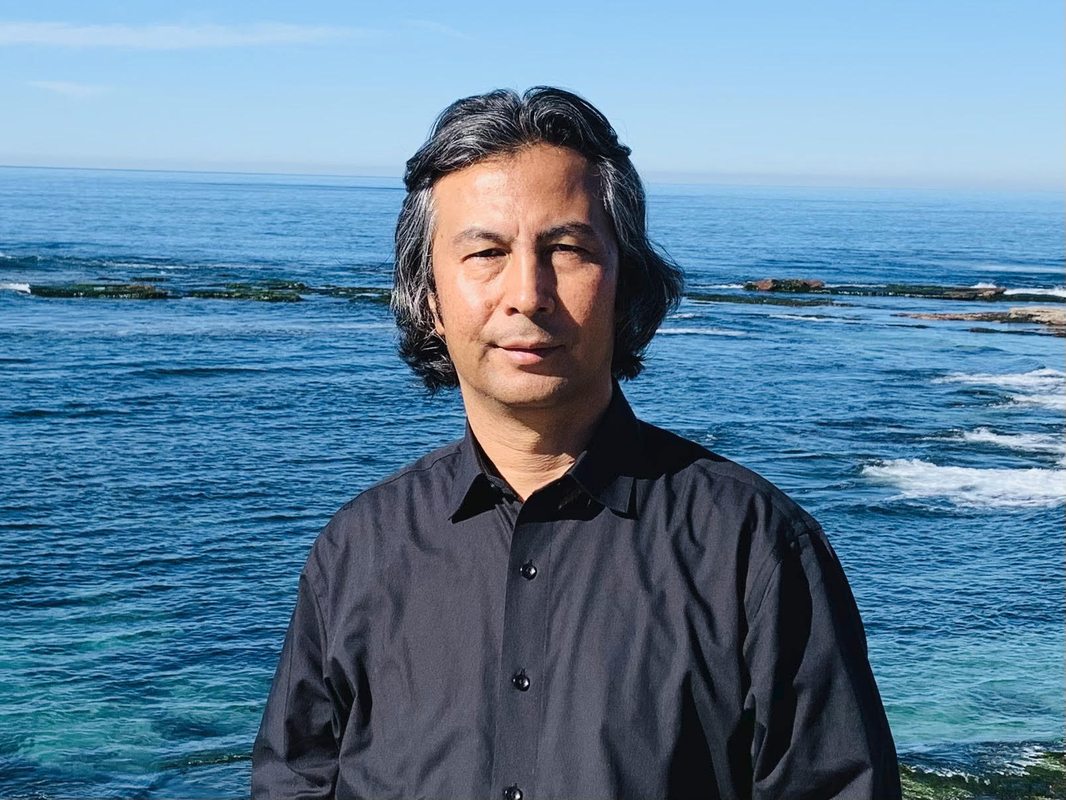
Tahir Hamut Izgil is one of the foremost Uyghur modernist poets. He was born in 1969 in a small town near Kashgar, in China’s Xinjiang Province. He attended college in Beijing on a scholarship, pursuing poetry and literary criticism.
While at college, Izgil became involved in the Tiananmen Square protests of 1989. In the mid-1990s, after trying to leave China to study abroad, he was detained in a labor camp for three years. He later worked in film, founding his own production company and achieving recognition for his feature films, documentaries, and other projects.
